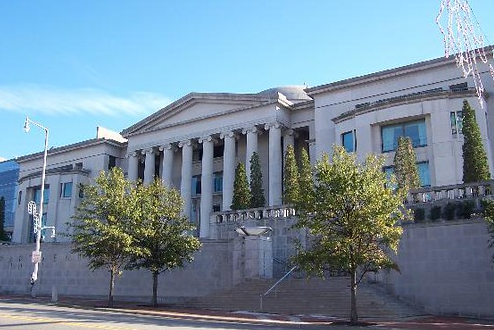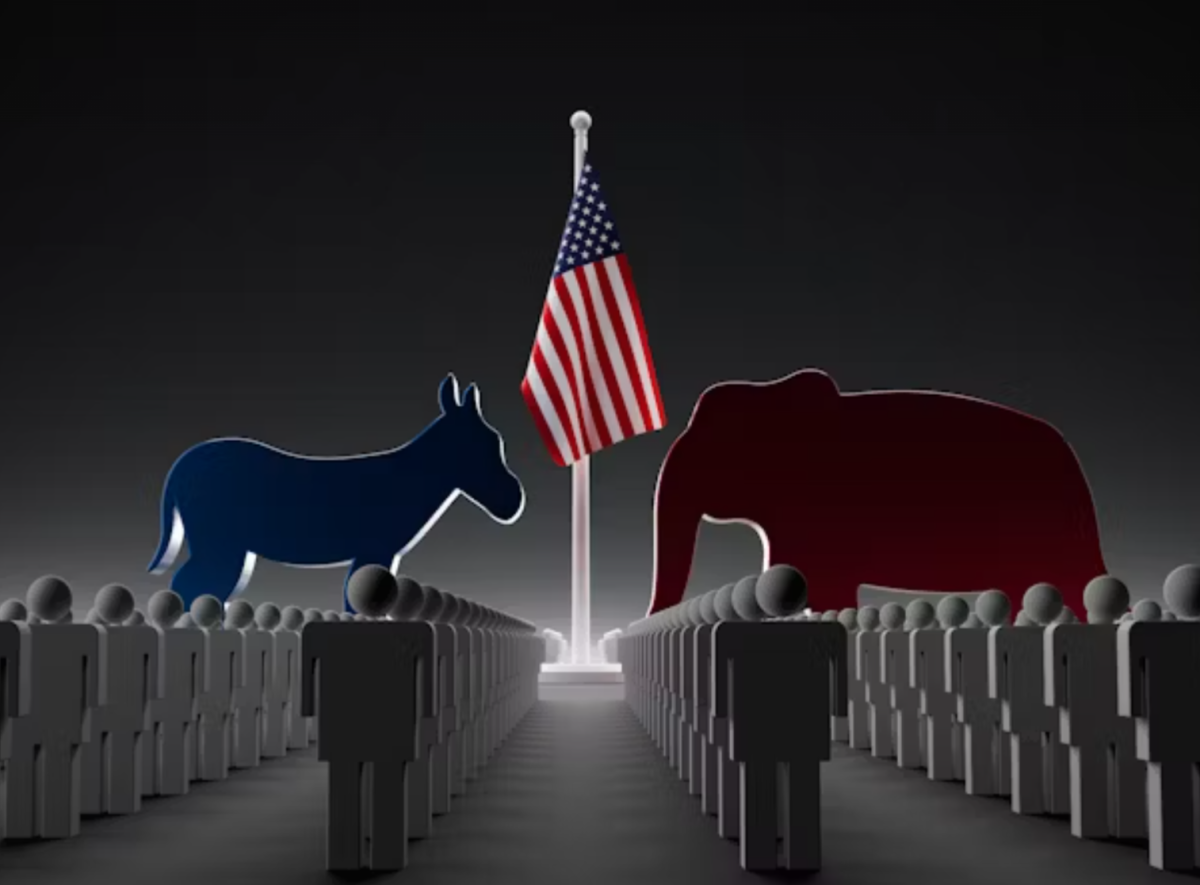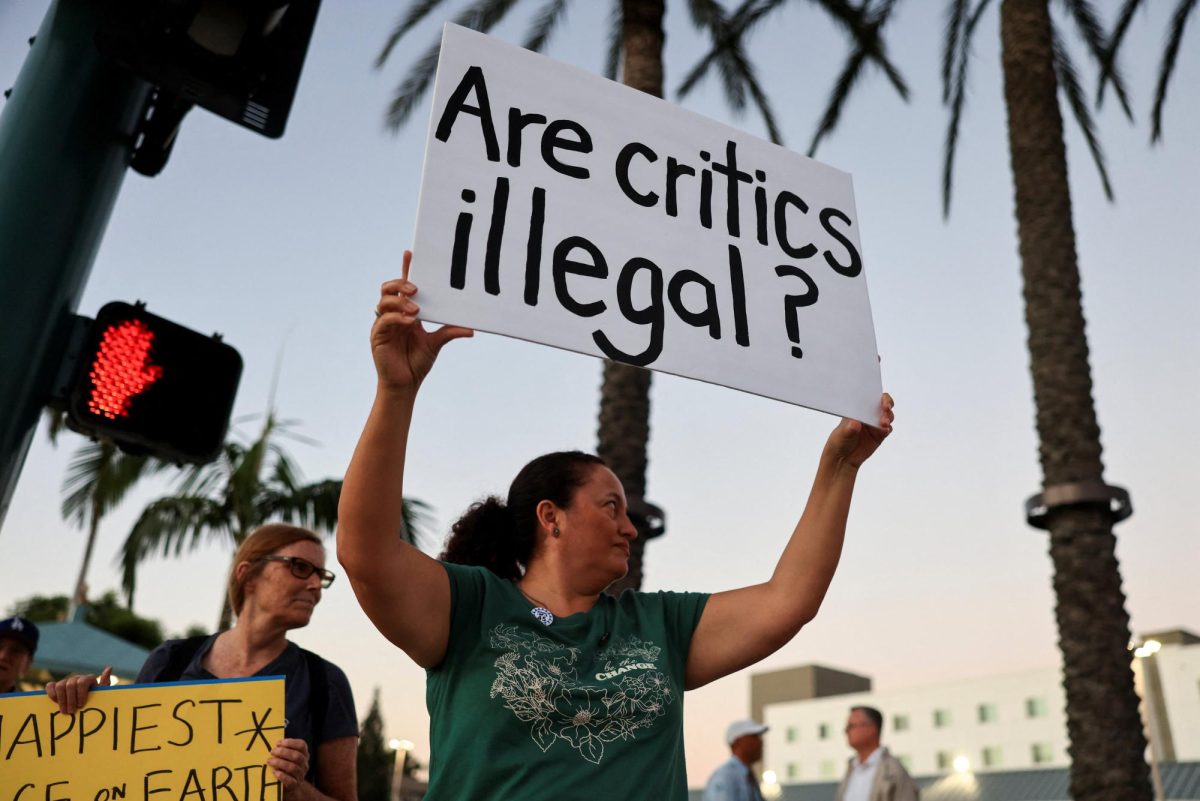
While I can’t recall having seen a mother walking in the park with a frozen embryo in her stroller, the Alabama Supreme Court must have. On Feb. 16, they made the statement that frozen embryos are considered children.
In 2020, three couples were freezing their embryos at The Center of Reproductive Medicine through a process done to help couples struggling to get pregnant called In Vitro Fertilization (IVF). The couples sued the fertility clinic and the hospital after their embryos were destroyed by an unqualified person who was handling them. They were angry that the lenient rules of the clinic allowed a patient to wander into the area where the frozen embryos were stored, wrongfully handle them and then drop and destroy the embryos. While the fact that an unauthorized person was able to access the embryos and hold them is extremely irresponsible and should be condemned, suing for wrongful death is almost laughable; if it cannot breathe, think or survive on its own, then it cannot and should not be considered a child.
IVF is an expensive and painful process that allows many couples to have children when they would otherwise be unable to do so. Whether it be couples in the LGBTQ+ community or couples that simply are having difficulties getting pregnant, IVF can stand as a viable option to help couples grow and expand their families.
Gabby Goidel, 26, has been pursuing IVF treatment in Alabama after going through three miscarriages due to a recently discovered genetic issue. The court ruling came down on the same day that she began daily injections ahead of egg retrieval. While the clinic agreed to continue to provide her with care, they admitted that they may have to change course.
“Without IVF, I would have to probably go through several more miscarriages before I even had an option of having a baby that is my own,” Goidel said in a Feb. 21 article from AP News.
Keeping this in mind, the ruling that deems a frozen embryo as murder could potentially ruin the chance for many to use this method to have kids. While the Alabama Supreme Court did pass legislation protecting vitro fertilization providers from civil and criminal liability on March 6, citizens of the state are still worried about the future of IVF in Alabama. Clinics have begun to reopen, but many are still tentative regarding the legal repercussions of disregarding frozen embryos.
“Both the state Senate and the House advanced identical legislation that would protect IVF providers and their employees from civil lawsuits and criminal prosecution over the destruction of or damage to an embryo,” said a March 6 article from AP News.
Therefore, the Alabama Supreme Court claimed that IVF clinics purposefully discarding frozen embryos is permitted, but accidental destruction of an embryo is considered killing a child. This goes back on what they originally ruled, making the Alabama Supreme Court hypocritical and self-righteous. This follow-up legislation is a step in the right direction for many, but the reason behind it is motivated by the backlash they originally received. On top of this, it further blurs the line in what is considered a child in the future.
“Lawmakers and legal experts acknowledged that the law did not address existential questions raised by the court about the definition of personhood, leaving open the prospect of legal challenges in the future,” Emily Cochrane from the New York Times said.
The Alabama Supreme Court decision partly hinged on anti-abortion language added to the Alabama Constitution in 2018, stating it is the “policy of this state to ensure the protection of the rights of the unborn child.”
The issue originally on the table should not have even considered current abortion laws to sway the decision. In this case, the so-called human child is a clump of cells being kept in a refrigerator. This decision is life-changing for many people, and although the Alabama Supreme Court tried to rectify their previous ruling and some progress has been made, the question of when an embryo is considered a child has become even more cryptic. The Alabama Supreme Court calls an embryo a child only when it benefits them.
Photo credit: “Alabama Judicial Building” by J. Stephen Conn is licensed under (CC BY-NC 2.0 DEED)




